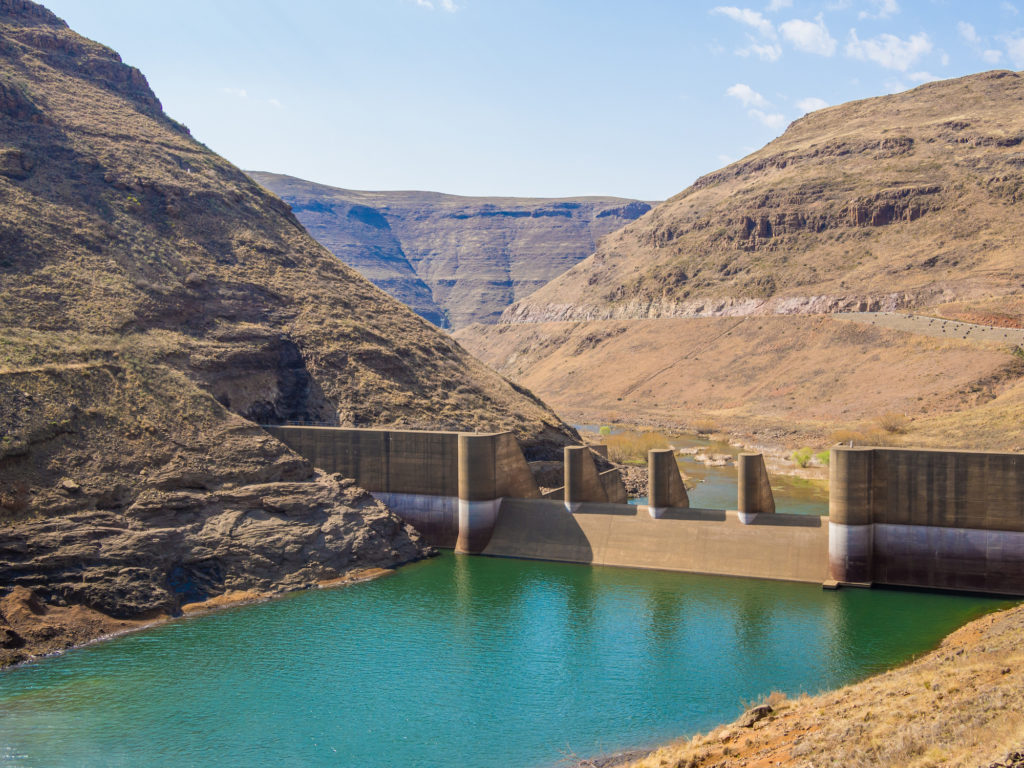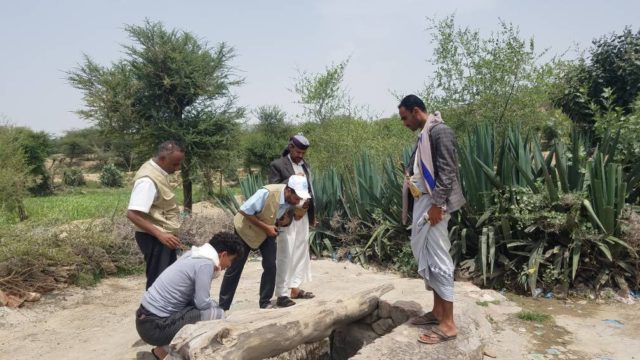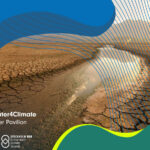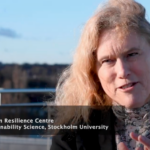A
Climate change affects the future availability of water and water plays for example a very important role for agriculture. Many of the conflict-affected regions are still heavily dependent on agriculture, and the agriculture sector employs most of the youth.
With increasing water scarcity, we could be facing a situation of up to 80 percent unemployment among youth. These unemployed youth are in turn a very easy target for recruiters of terror networks, which is something we have seen for example in parts of Iraq.
So water scarcity makes not only for a struggle between different sectors competing for water, but it also directly affects the livelihoods and options for the population. Add to that that in countries where for various reasons, including for instance brain drain, governments can be perceived as fragile and institutions are weak, there are limited options for how to mitigate these crises.
Take the example of Iraq: A worst case scenario would see upstream development, internal challenges like the need to modernize irrigation systems, and climate change leading to the water in the Tigris river decreasing, which could lead to a possible displacement of up to seven million people, even more than with the crisis in Syria. That can be then the feeding ground for terror networks operating in the region: We have already seen that these networks specifically target rural communities that face water scarcity and spread disinformation to fuel grievances.
You see, water is the source of everything, and to live without water means living without hope. So approaching crises that arise as a result of water scarcity in these fragile states is really an urgent matter and we have to think about how we can we all contribute, with the mandate given to us, to supporting affected governments facing these challenges.









